The horse in his infinite patience has but to ask us for ours in return, but do we listen? That is the meditation, we listen, we become still and silent. We leave the door open for the wind to tousle, or the curtains drawn for the sun to shine inward. Meditation is not the thought, but leaving the thought behind. Isn't that what we long for in our time with the horse? To leave the thoughts behind of tomorrow, of yesterday, of the stresses, of the worries, of all those fears that keep us locked to the ground or stuck in our own path? That the horse could set us free, and yet we find new problems arise in that hope.
We find fears with the horse. He moves too fast or too slowly. He turns the wrong way or doesn't turn at all. We want him to be caught easily, when he runs away rampantly. He bucks when we want an easy ride, or pulls back in the cross-ties. Perhaps we want to be successful in competition, while our horse refuses to polish just the way we want?
So today, let's take just a moment for Meditation Upon the Horse. Let's take this one time we have with our horse today to listen, to be still in our mind and set aside all of the thoughts outside of the arena. To let go of those that are not connected to the horse, and then let go of those connected to the horse. To be truly in the moment, without thought, with only action as needed. To find a sense of curiosity – not borne out of theories, ideas, concepts, logic or any other thought-based origin, but simply out the desire to try it and observe what happens.
When we catch our horse, what happens when we stop and count to ten, when we resume walking towards him we move slower – in half speed. As though time has slowed to a crawl and we can move no faster than a snail. Not out of hesitation in the step, but out of controlled slowness, intentional. What happens when we speak softly, not out of concern that we may spook the horse with our voice, but rather to establish the connection with him, to begin the relationship. To ring the telephone and then listen for the response on the other line. To listen.
When we groom, to be so involved in every small step. The curiosity of a child in the way the brush must feel upon his coat, or the curry against the grain. The hoof pick as it picks at every nook and cranny. The way the saddle sets upon the horse's back, to be present with every step. To take what has become automatic and turn it to manual. To relearn what we've learned. To find the nuances in the ordinary.
When we ride the horse, discover what it is to move to and from, left and right, up and down, like a dance. One step forward and two back, turn slightly, one step forward and two back. To pick a rhythm, a beat, a dance step of sorts and play with it. Pick a rhythm in four-time, or perhaps a waltz in three-time. Feel your seat in the saddle, your legs how they hang beneath, the touch of your calf to the side of the horse. The gentle swing with each step, or the up and forwards movement in the trot. The lovely flow in canter. To be present, to listen, to be curious, to rediscover. To ultimately be thoughtless, to observe.
That is the meditation. To be present. To honor every step. We can meditate while seated on the ground in a quiet field, and we can meditate upon the horse while cantering through the same field. Meditation can be taken with us, it is not a ritual but a state of mind, or mindlessness. Of leaving thought behind and in that thoughtlessness moving beyond the very thought you've let go of.
Meditation also takes practice. It is not gained all at once. You could escape to a monastery in the mountains and find meditation there, but you can also practice it every day in small ways without giving up your life and commitments. Washing dishes with presence, being consumed by the rag against the plates, forks, etc, without thoughts bound up in the action. It will come in small pieces, which over time create periods of thoughtless meditation. This can grow into continuous meditation, with a presence of mind to every action and interaction you have.
Why this impacts the horse is that often our thoughts can interfere with what we ultimately want with the horse – a connection which bring joy and happiness. Anything we attach on top of that is extra – i.e. winning a blue ribbon, gaining a certain level of skill, performing a difficult maneuver, going for a trail ride, etc. Underneath all of that, we are driven by the pursuit of happiness. If we thought the outcome of riding horses would bring us pain, injury, unhappiness, frustration, sadness, fear, etc – we would move on to another activity. We can become distracted in our thoughts from finding this joy and happiness, and by letting go of the thoughts we are able to move back to our original intent, making every interaction with the horse not only a success, but one with un-contained enthusiasm along with it!
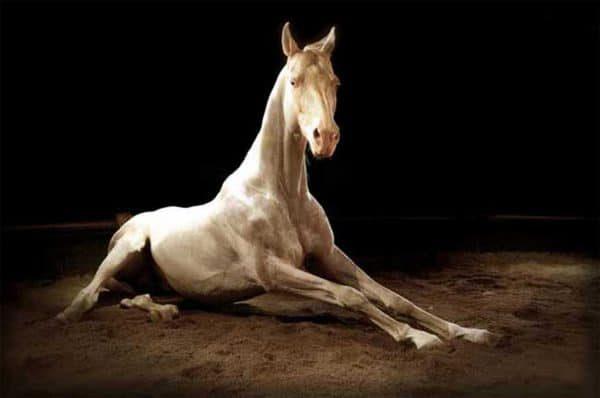
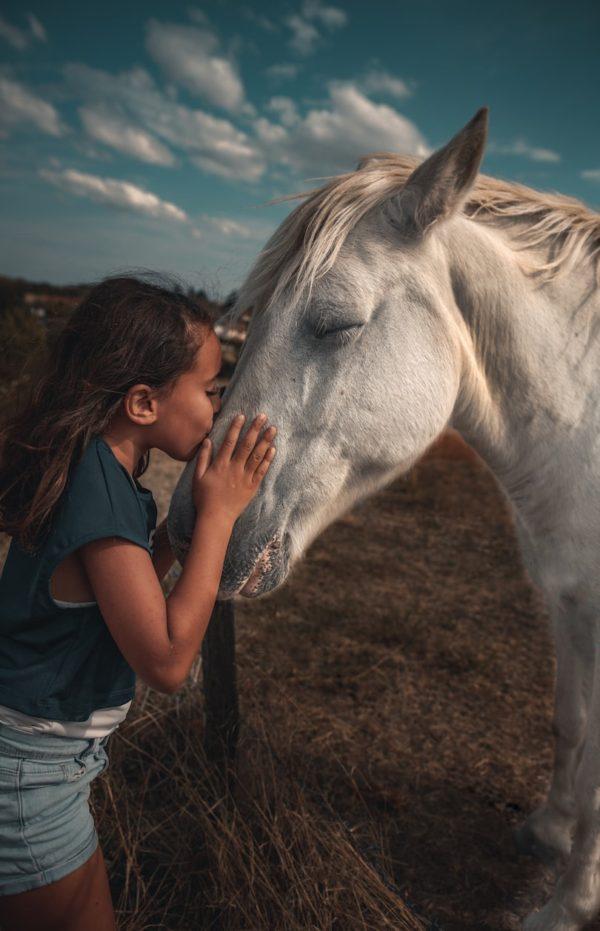
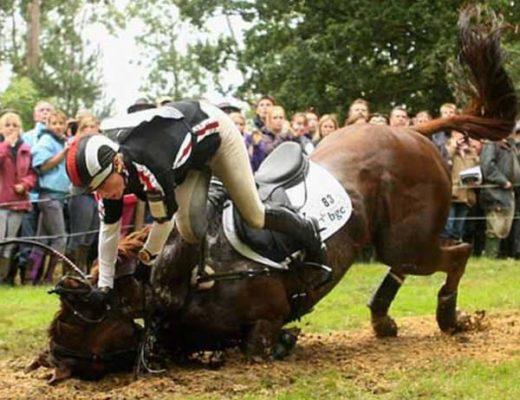
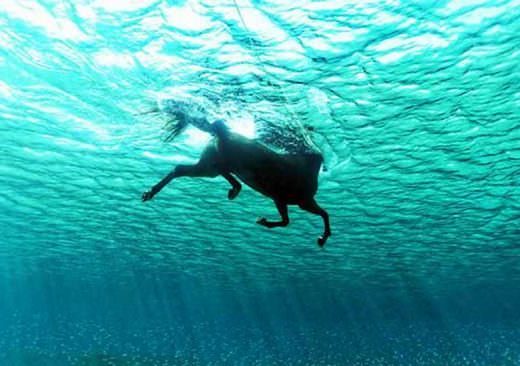
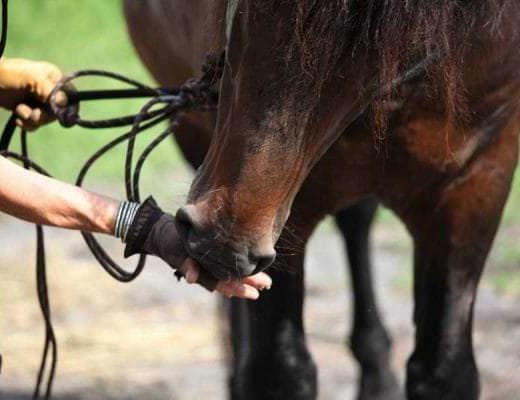
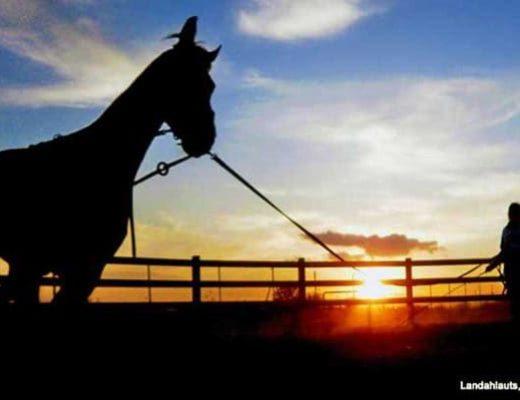
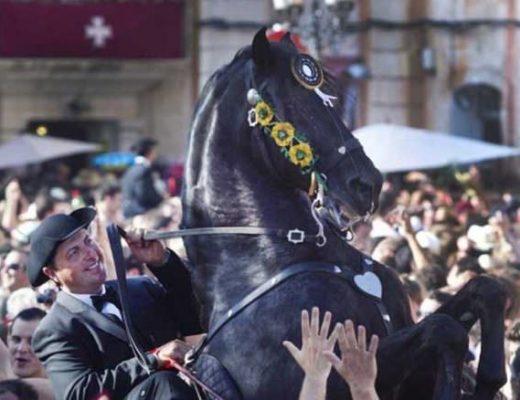
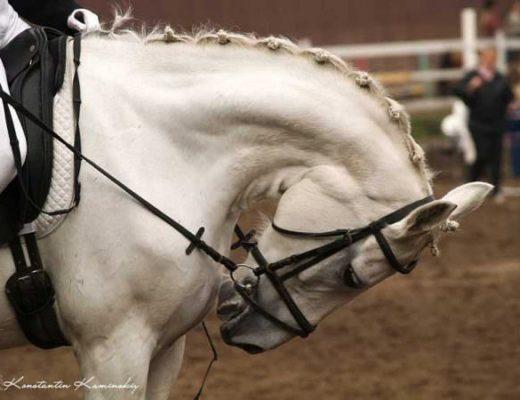
Fantastic Erica
Fantastic Erica
This is amazing. I found this at just the right time, after a disappointing lesson. Thank you for your words. I have bookmarked this for future encouragement. 🙂